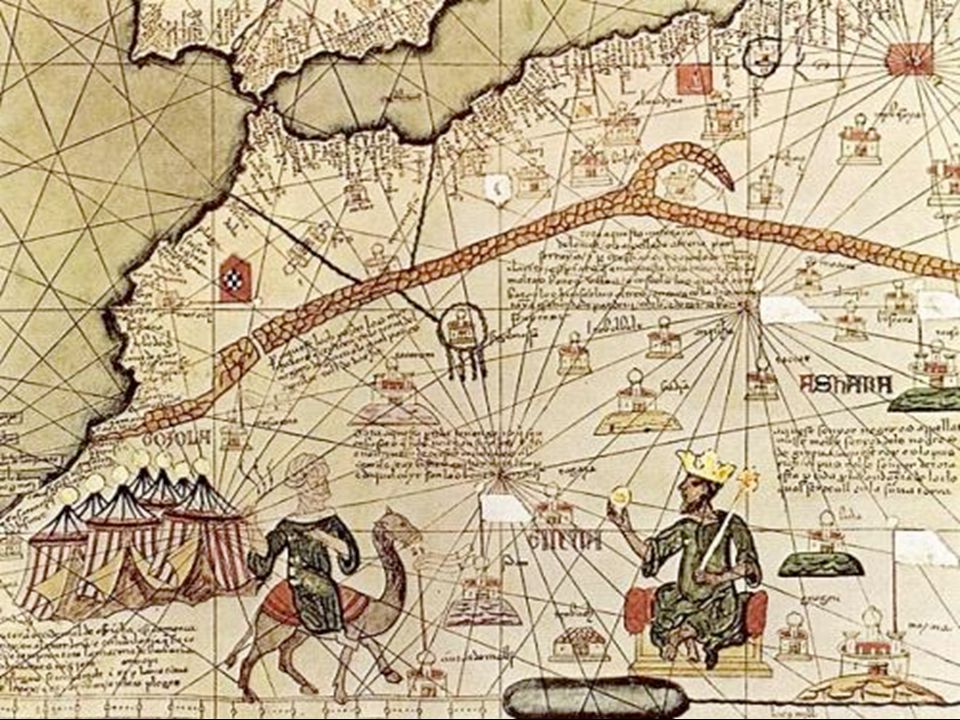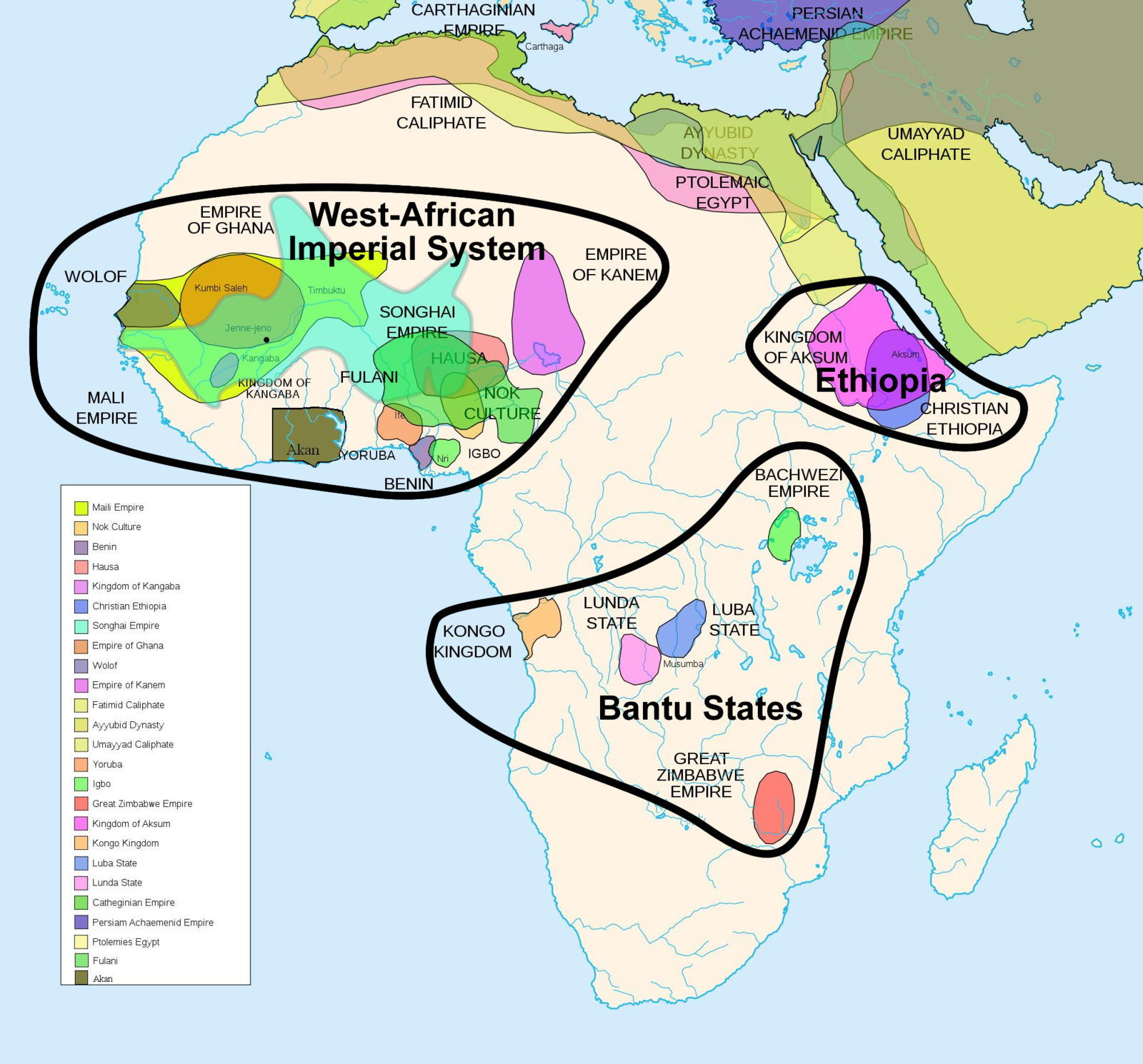Why is it common knowledge that the Dark Ages was all that dark?
It has long been received wisdom that following the collapse of Rome, Europe slumbered through a millenium of ignorance that came to be known as the Dark Ages. Historian JB Bury noted that when Emperor Constantine adopted Christianity, this "inaugurated a millenium in which reason was enchained, thought was enslaved, and knowledge made no progress "
William Manchester described it as an "era of incessant warfare, corruption, lawlessness, obsession with strange myths, and almost impenetrable mindlessness...The Dark Ages were stark in every dimension."
We know these things to be so far from the truth as to be classified as myth. Is it just anti-Catholic rhetoric, or is something else behind it?










